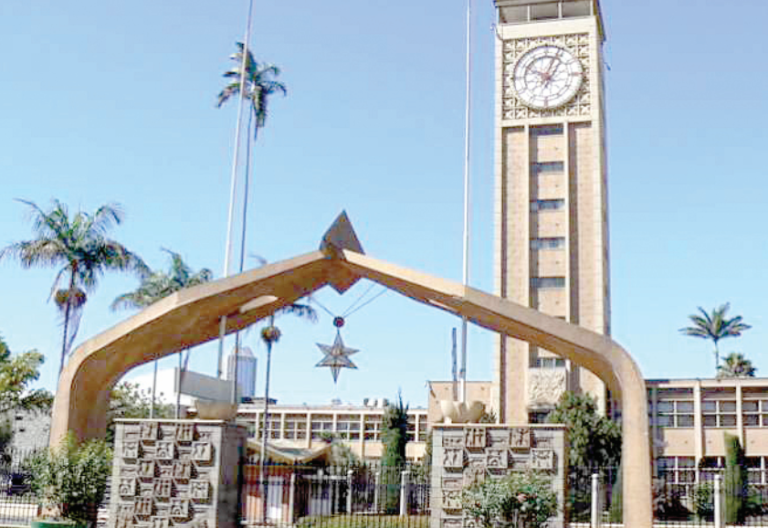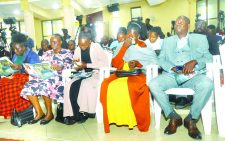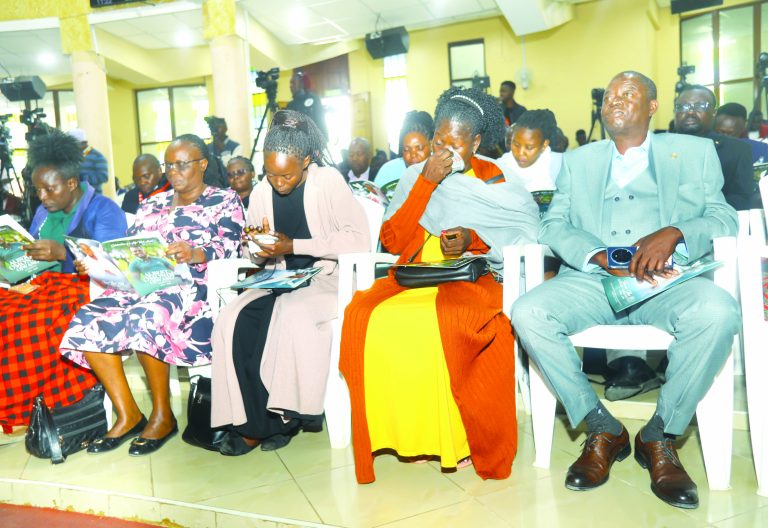Anxiety as Motorcycle Bill gets closer to becoming law

Kenya’s youth, many of whom rely on the boda boda sector for income in the face of high unemployment could soon face tougher times after the Senate passed the Public Transport Motorcycle Regulation Bill.
The bill, sponsored by Kakamega Senator Boni Khalwale, now heads to the National Assembly, raising concerns about its potential impact on livelihoods.
The proposed law seeks to bring order to what is often seen as a chaotic industry, but it has stirred significant backlash—including from Khalwale himself, who has since vowed to withdraw the bill amid public pressure.
“For it to be well understood that I have the best interest of young Kenyans at heart, I will be returning to Parliament to request the withdrawal of the bill,” he said. “If the youth have rejected something, that’s final. We saw that during the Finance Bill 2024.”
Critics argue the bill risks undermining the livelihoods of thousands of youths who have turned to motorcycle transport as an accessible and vital source of income in a sluggish job market. The sector has not only become a critical economic driver but also serves as a key mobility solution across urban and rural areas.
The effects are expected to hit women particularly hard, as they make up a significant portion of the country’s boda boda users. For many, it’s more than a convenience—it’s a daily necessity that enables access to markets, workplaces, and essential services.
Introduced in December last year, the new law seeks to impose tighter controls on the boda boda sector.
It restricts riders to carrying only one adult passenger, mandates the provision of safety gear, bans transporting loads above 50kg alongside passengers, and enforces designated parking.
Riders must also obtain certificates from their respective county executives — effectively placing the entire sector under county and NTSA regulation.
For many, especially in rural areas, formal certification remains out of reach due to the prohibitive cost of training. “Most of us learned through apprenticeship, not in driving schools,” said Mark Omondi, a boda boda operator. “But we still have families to feed.”
Feeling the squeeze
However, the ripple effects extend beyond the riders. Small-scale traders who depend on boda bodas for daily transport, like Mama Mboga, are also feeling the squeeze.
Should the bill be enacted into law, Mama Mboga will take home less due to the extra fee that is likely to be initiated by the operators. This comes even as the cost of living remains unbearable made worse by low disposable income.
Terresia Kerubo, a kiosk operator in Umoja I Estate, expressed her dissatisfaction with the proposed regulation saying, “Now I will have to pay more because if I calculate the different items that I buy at the market, they are close to the 50 kg limit that I usually carry on my lap. Now I will have to take a separate bike.”
“What will I take home to my children if almost 50 per cent of my profit I will be using on transport?” she lamented.
Despite the frustration, some riders support parts of the bill. “Things like helmets and staying in our lane make sense—we need safety too,” said Lewis Kuya, a 24-year-old rider.
“But paying both counties and NTSA (National Transport and Safety Authority)? That’s not workable. At Sh100 per trip, how do I cover rent and bills?”
Kuya believes the future may lie in digital hailing platforms, where regulations can be enforced without compromising income—but notes that access to such systems is uneven and still limited, especially in less urbanized areas.
As the bill awaits deliberation in the National Assembly, many stakeholders are calling for further consultations to ensure that reforms in the transport sector do not come at the expense of livelihoods and mobility for the most vulnerable.









